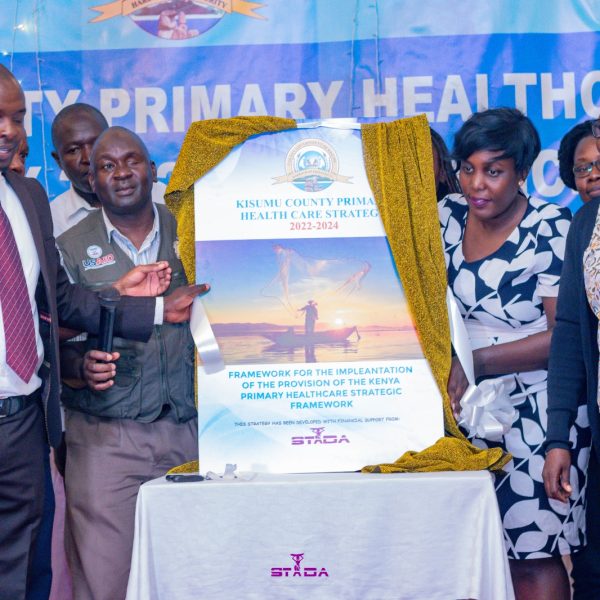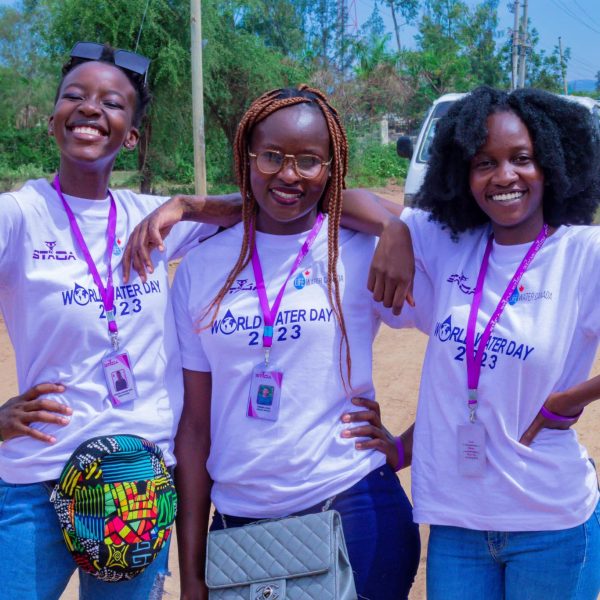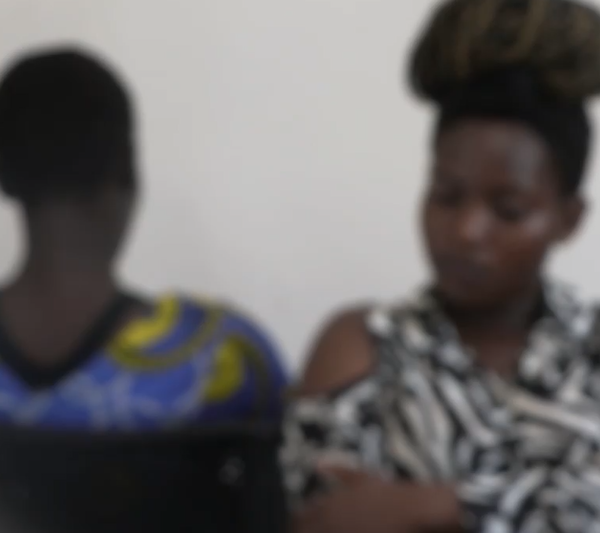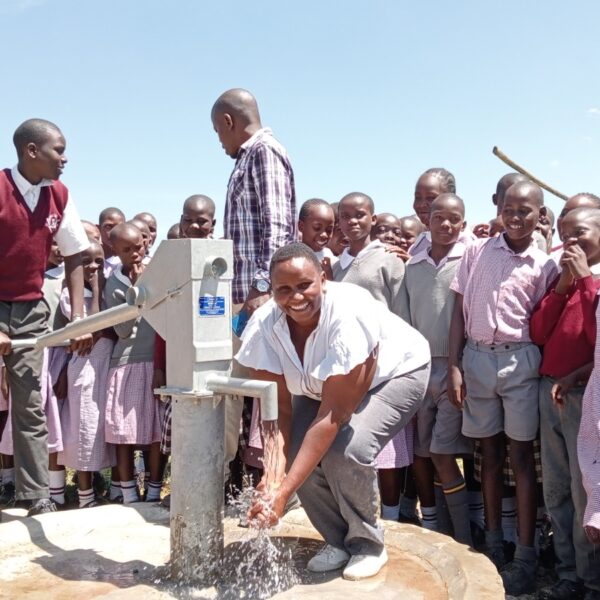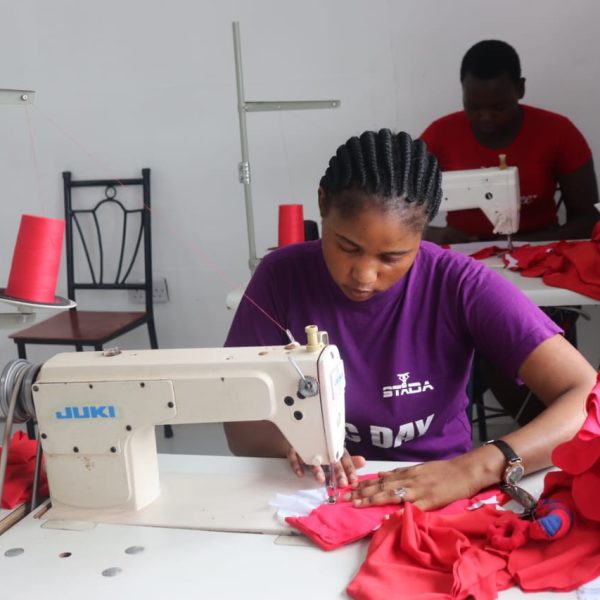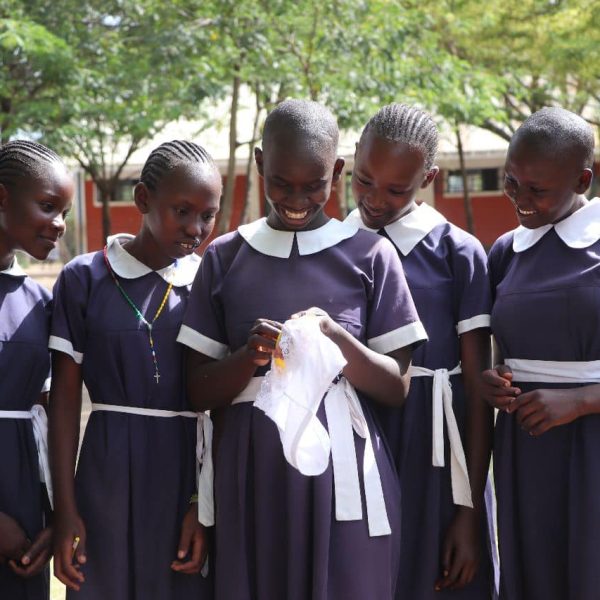STADA was founded in 2020, but its roots run far deeper. A decade earlier, while still in university, our founder, Patricia Nudi Orawo began a grassroots initiative—distributing sanitary pads and sponsoring children through school. She was driven by a simple truth: no girl should be held back because of her period, and no child should drop out due to poverty.
Growing up between village life and urban schooling exposed her to stark inequalities. While her peers in town had more than enough, her home community struggled to afford the basics. That contrast ignited a commitment to change—especially for girls, young women, and children.
What began as a personal mission evolved into a powerful organization. Today, STADA works to break cycles of poverty and inequality through access to education, health, gender equality, climate action, and clean water—empowering women, girls, and children to thrive.
Every program we run is rooted in dignity, driven by community, and designed to create lasting impact. With your support, we can reach even more lives, one story at a time.


